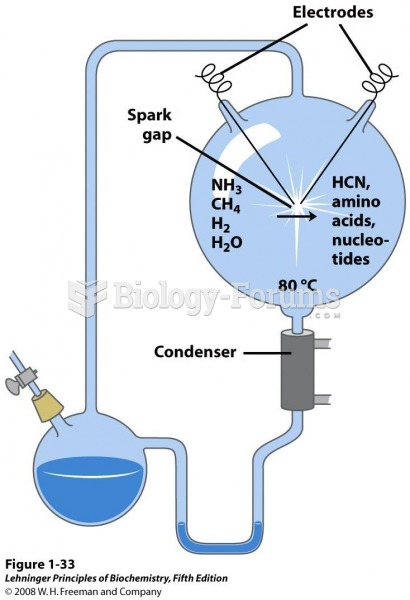|
|
|
Asthma attacks and symptoms usually get started by specific triggers (such as viruses, allergies, gases, and air particles). You should talk to your doctor about these triggers and find ways to avoid or get rid of them.
Increased intake of vitamin D has been shown to reduce fractures up to 25% in older people.
According to the Migraine Research Foundation, migraines are the third most prevalent illness in the world. Women are most affected (18%), followed by children of both sexes (10%), and men (6%).
Multiple experimental evidences have confirmed that at the molecular level, cancer is caused by lesions in cellular DNA.
Cancer has been around as long as humankind, but only in the second half of the twentieth century did the number of cancer cases explode.







